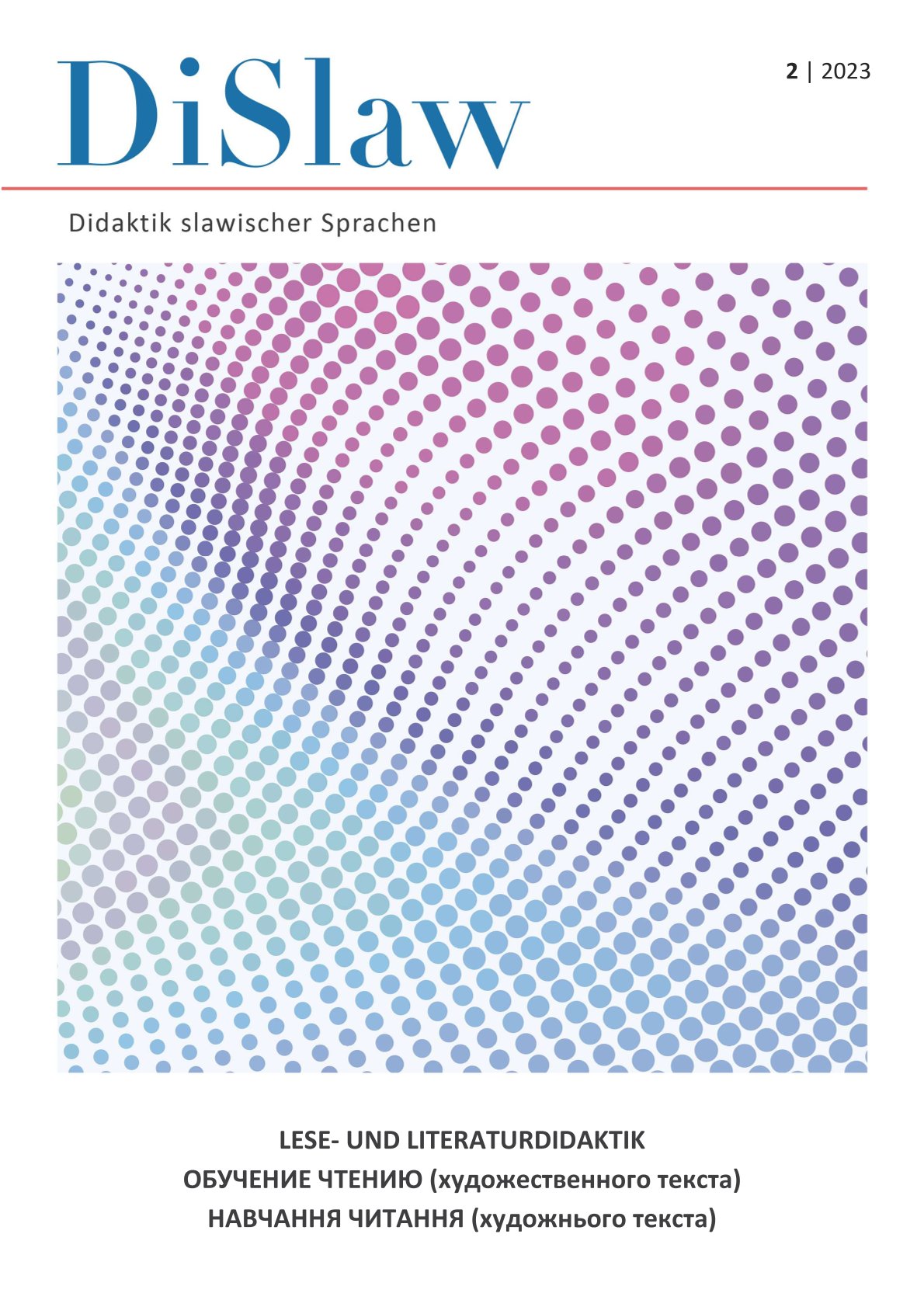Reading as a Process
Empirical Findings and Didactic Potential
DOI:
https://doi.org/10.48789/2023.2.1Keywords:
reading process, bilinguals, reading silently – aloud, diagnosticsAbstract
Against the background of changing reading practices in the digital age and their effects on cognition, emotion and language competence, the paper discusses the results of psycholinguistic research on reading. The authors present a study using eye-tracking technology that revealed significant differences in reading processes between monolingual and Russian-German bilingual readers and illuminated the higher cognitive efforts of multilingual students in processing. In order not to disadvantage multilinguals, it is recommended to give them more time to read. Furthermore, on the basis of a further study, the importance of oral reading as a diagnostic tool is emphasised. Reading aloud can be examined with the help of the parameters reading accuracy, reading speed and reading fluency. The results provide information about the degree of reading automacity. They allow conclusions to be drawn about the general reading ability, about linguistic competence in general as well as in specific linguistic areas. Therefore, the authors advocate making greater use of the diagnostic potential of reading aloud. They encourage the use of digital media to record reading aloud in order to promote active engagement with reading, enable self-reflection and continuous improvement, and ultimately promote literacy as an important cultural resource in all languages at disposal.



